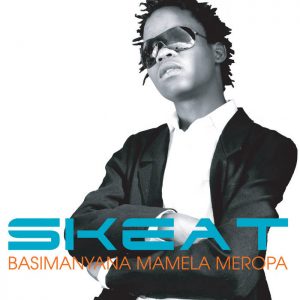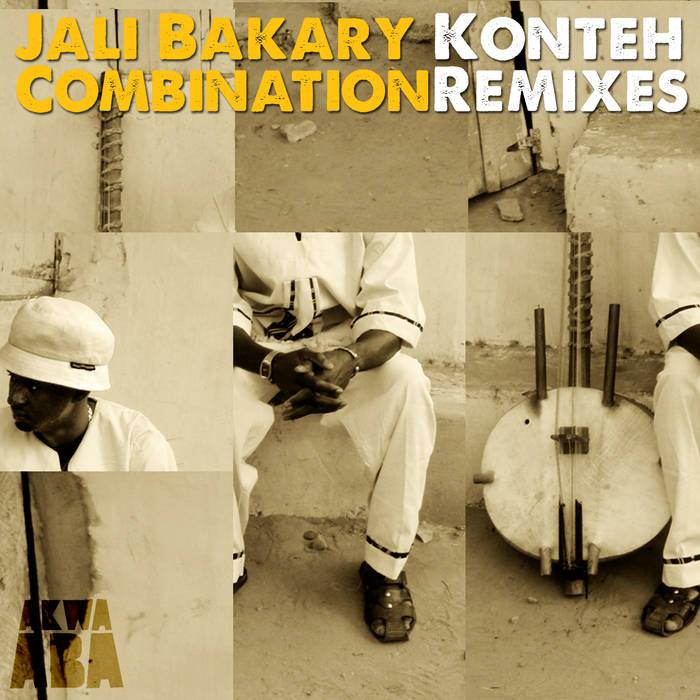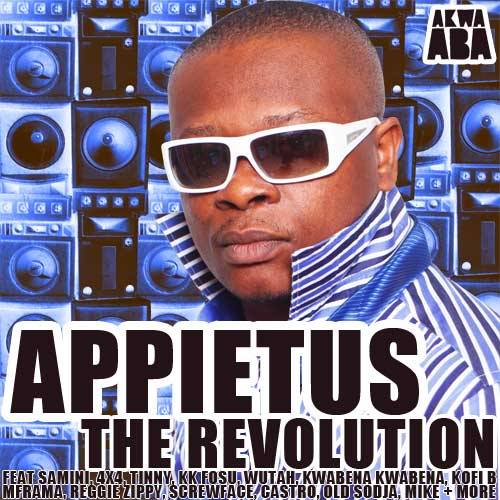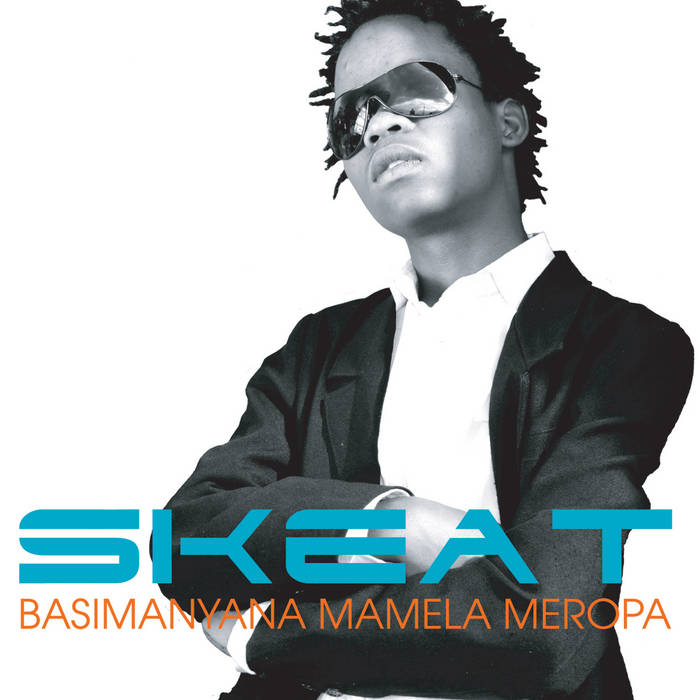Inspiring: Baaba Maal for Playing For Change
As we get ready to fly out to Ghana to meet with local music studios, it is very inspiring to listen to Baaba Maal singing in Kirina, Mali. He’s there with the Playing For Change foundation, who have started building music schools in Africa. In their own words:
“The Playing For Change Foundation is building a new music school in the Village of Kirina, Mali. Kirina is a village of musicians, some of whom can trace their musical ancestry back over 75 generations! In this very special episode West African music legend Baaba Maal and friends perform for the village elders in honor of the new “Playing For Life” music school that is just beginning construction.”
Check out more at Playing for Change’s Vimeo channel.













